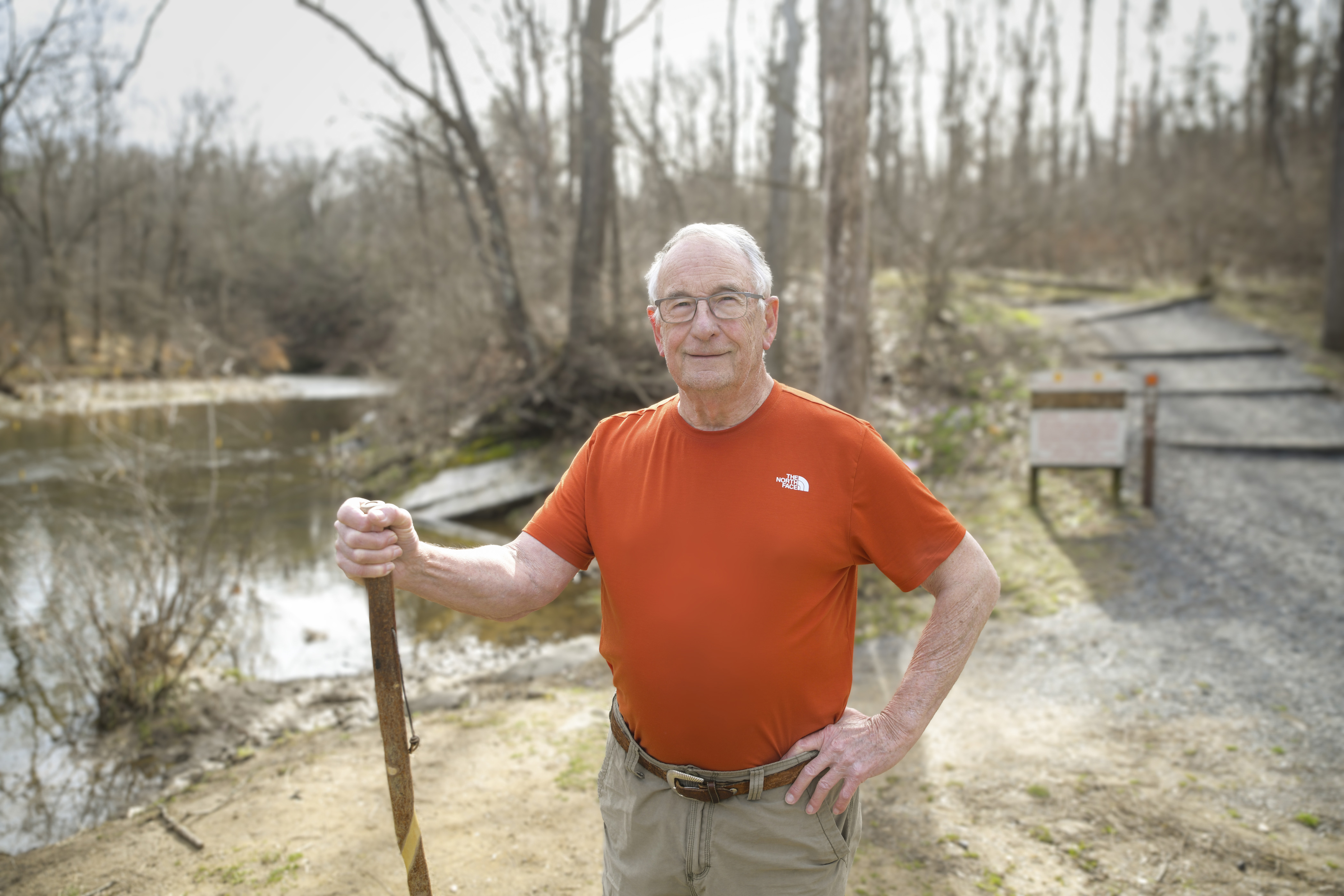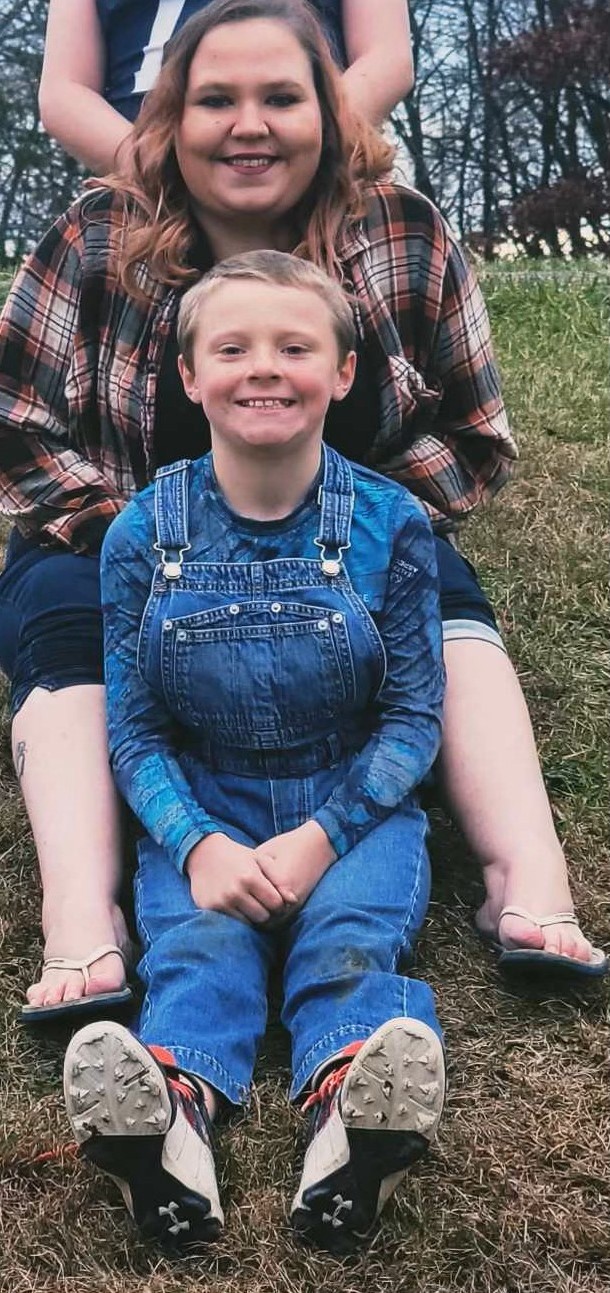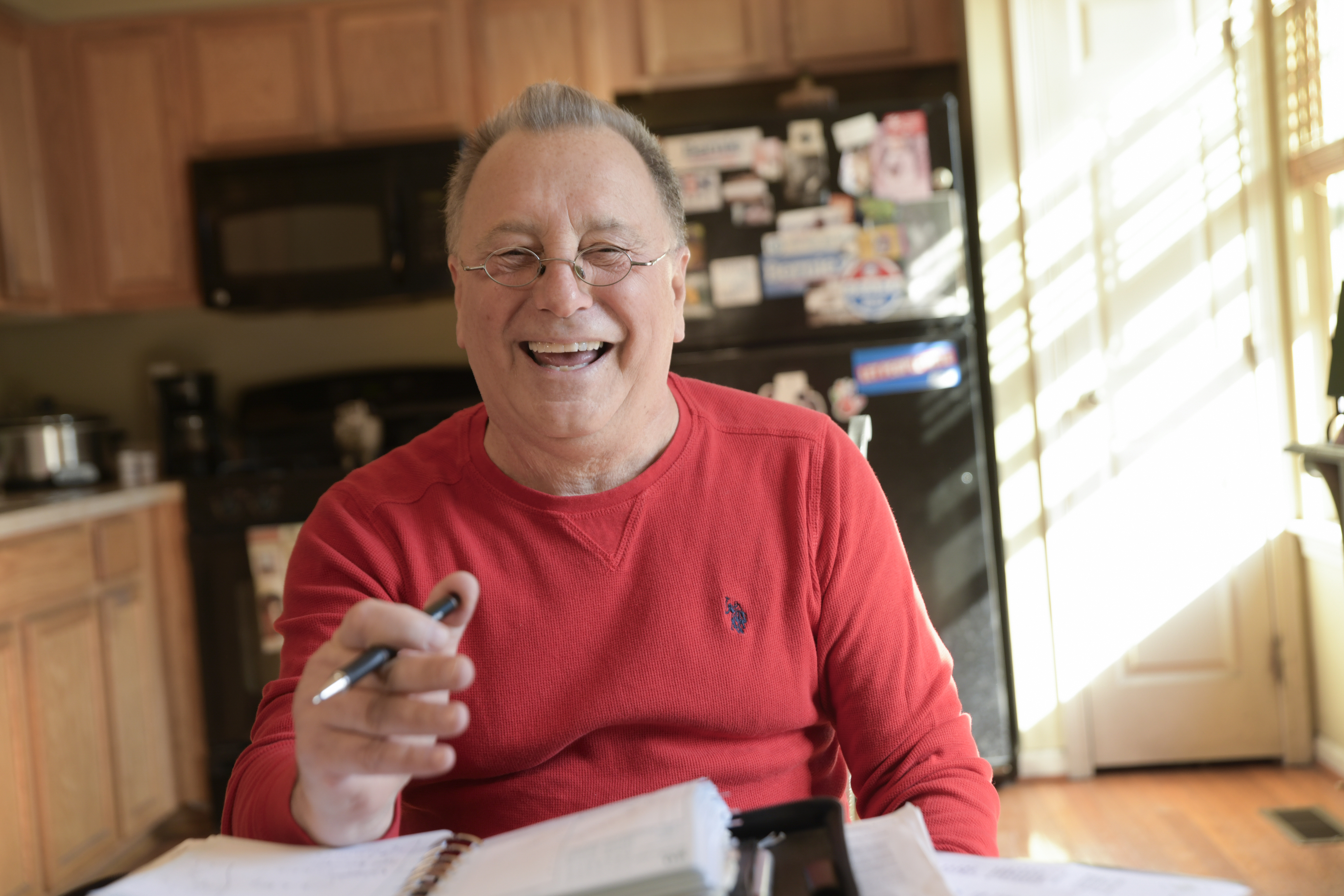Blog

At 47, Alisa Tongg was shocked to learn she had been living with a hole in her heart since birth. Tongg credits the excellent care she received from doctors, nurses and staff at St. Luke’s University Health Network over the last six months that allows her to say with her whole heart: “I am all good.”
It was the Thursday before the Labor Day holiday. Tongg, who lives in Stroudsburg, was upstairs preparing to take her son Xavier to the school bus. “I felt weird on the right side of my body,” she recalls. She could use her limbs, but she “did not feel like I was in control of them.” She was dizzy and lightheaded. Moving made her feel nauseous. Tongg had had a history of migraines, but she knew that wasn’t the cause of her feeling “off” this time. She scooted down the stairs and asked her dad to drive her to the ER at St. Luke’s Monroe campus.
At the ER, she was given a “migraine cocktail.” When she woke, she was still extremely dizzy. More investigation into the cause was needed. After a neurology consult, Tongg underwent two different CT scans, an MRI and an echocardiogram with bubbles. The later revealed a hole between her two atria, the top two chambers of the heart. “It is what’s known as a patent foramen ovale (PFO) and is fairly common,” says cardiologist Joe McGarvey, MD. About 25% of people worldwide have PFO, according to the American Heart Association.
Dr. McGarvey recommended that he close her PFO to prevent a clot passing from the right heart to the left heart. Such a clot could clog a blood vessel in a major organ and cause a stroke or heart attack. Tongg agreed and the procedure was scheduled at St. Luke’s Bethlehem campus about six weeks after her ER visit.
A single-mother, Tongg, who owns her own business, was understandably concerned about undergoing a surgical procedure even if it was to be minimally invasive. Dr. McGarvey had explained he would go up through a vein in her groin and place discs on the right and left side of the heart to close the hole. Once it was closed, the risk of any embolization in the future would be greatly reduced.
Dr. McGarvey was confident of success
“In Alisa’s case,” Dr. McGarvey says, “I was quite confident we could close the PFO safely and allow her to get on with her regular life. I went through the procedure and risks thoroughly and I reassured her she was in the right place and institution and in good hands. I told her I was confident we would get her through the procedure safely and get a great result for her.”
For added comfort, Dr. McGarvey gave her his personal cell number if she had any questions and needed to speak to him. “From time to time, when I have a patient who I can tell is particularly nervous, I’ll give them my personal number,” Dr. McGarvey says. “In the many years that I’ve been doing this, no patient has ever abused that trust.”
The day of her surgery, Tongg was still worried. What if her body rejected the implant or did not heal as it should? To calm her, one of the surgical assistants recommended Tongg speak to the representative of the medical device Dr. McGarvey would be using to close the hole – the Amplatzer Talisman PFO Occluder. Not only did the device rep answer Tongg’s concerns but she also gave her a demo device to keep. “I still have it,” Tongg says with a laugh. “It’s beautiful.”
Tongg believes the encouraging words she received from everyone who treated her, including Dr. McGarvey, was a key to her quick recovery. “They kept reassuring me that I would be back to normal quickly,” she says. “And I was. Two days after the PFO procedure, and one day after being discharged from the hospital, I was on my way up to Massachusetts for Parents Weekend at my daughter’s college. And one week after the procedure, I was doing clean up and fall planting for my garden.”
Tongg is a Life-Cycle Celebrant, officiating at interfaith and intercultural weddings and other life events. Life after the discovery of a hole in her heart and before the surgery was a bit of a juggling act – between work commitments and follow-up doctor’s appointments and tests.
Nearly six months out, Tongg is “100% ok” and looks back with a good deal of gratitude. As a Celebrant, she says, “I am being trusted to share in the most precious and important moments of people’s lives and families. I knew before, but it really became clear recently, that the work we do in the wedding industry and the work of ministers and celebrants, in particular, is the work that people want to stay alive for.” Thank you, St. Luke’s, she says, for “caring about me” and making it possible for her to continue to be there for others in their times of need and happiness too.




